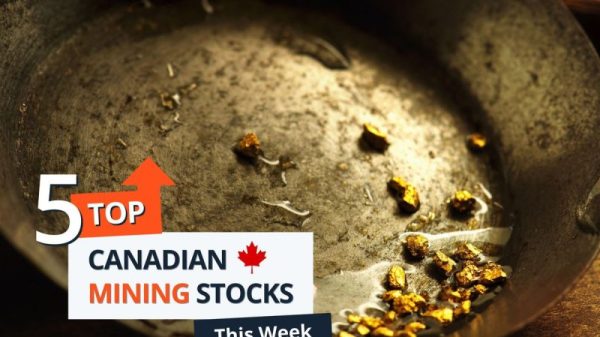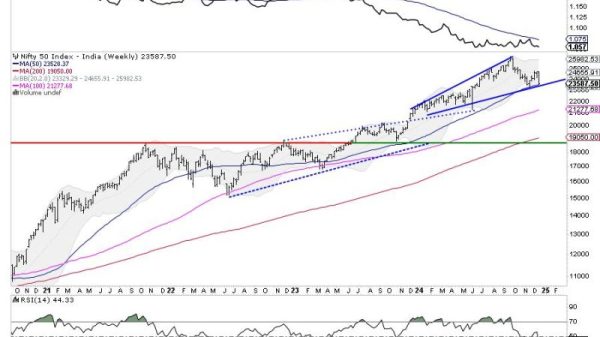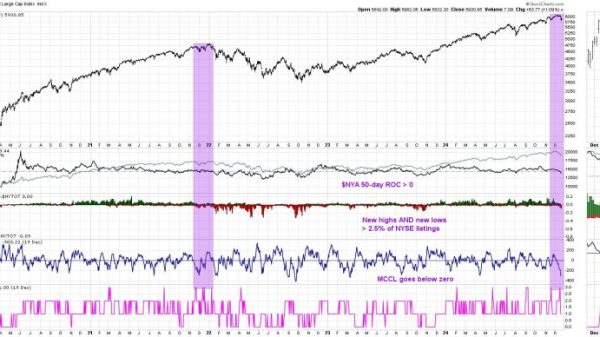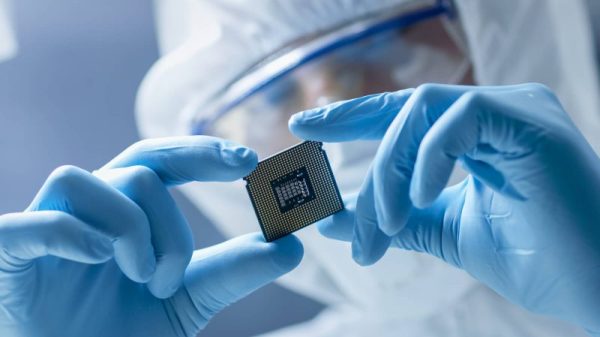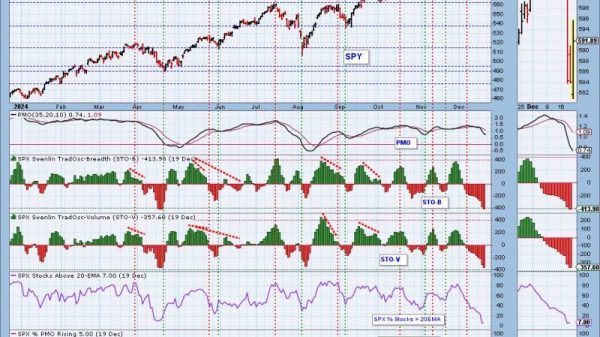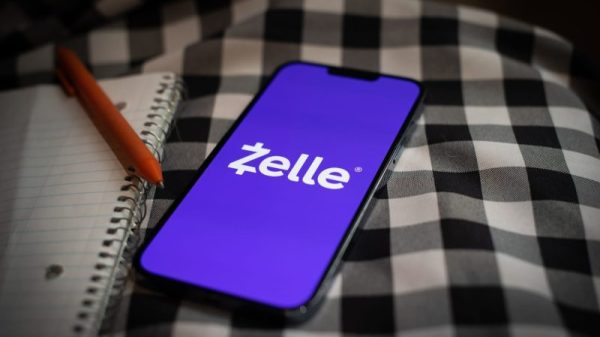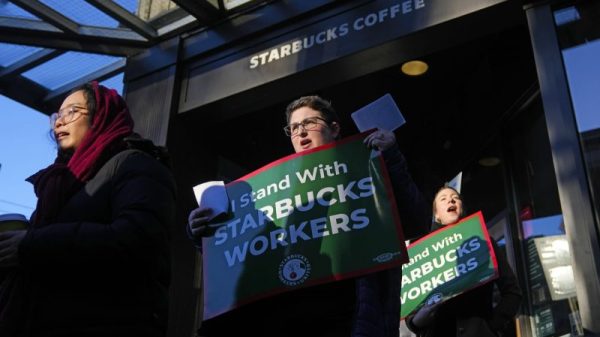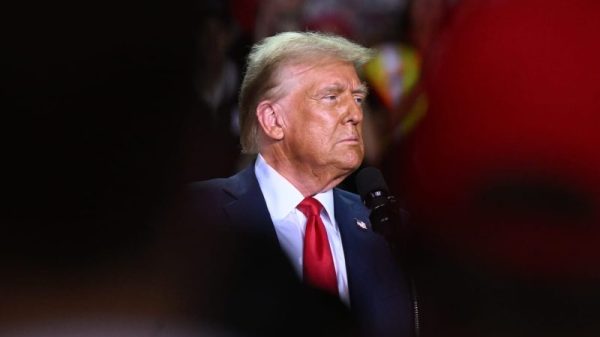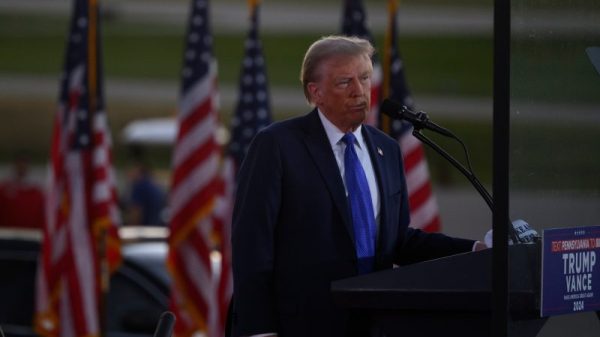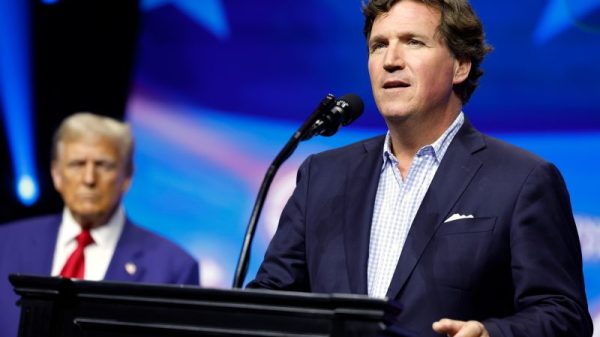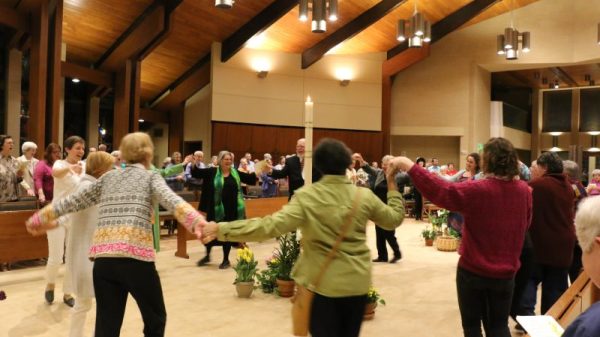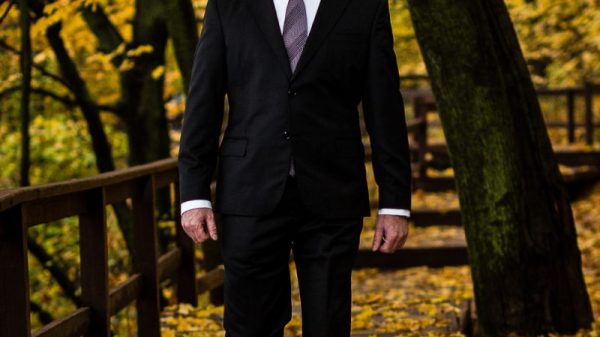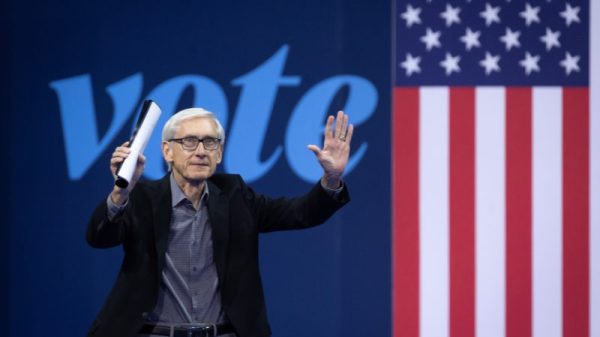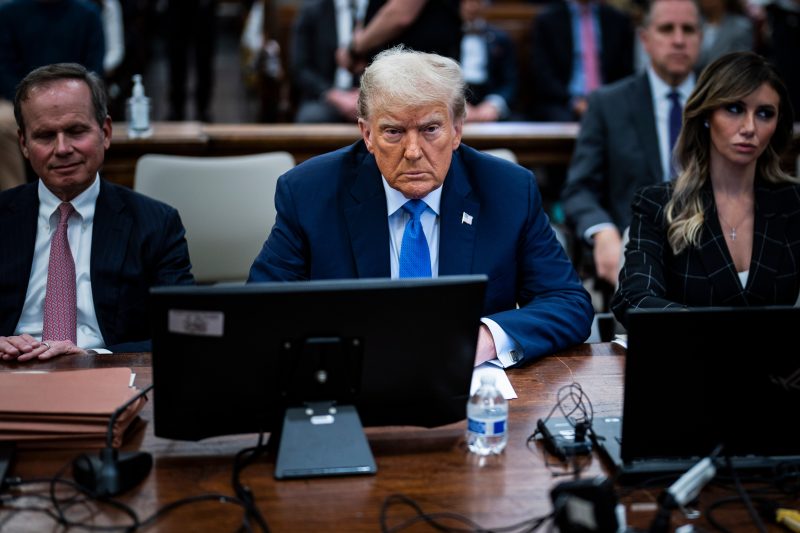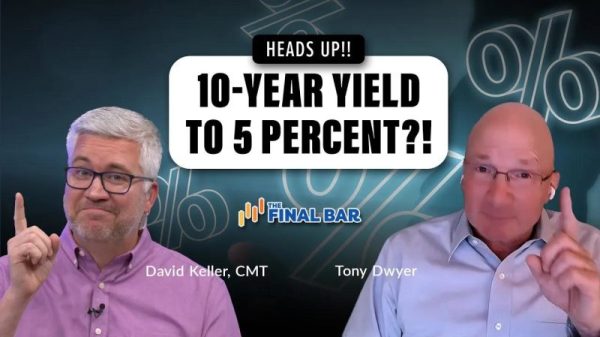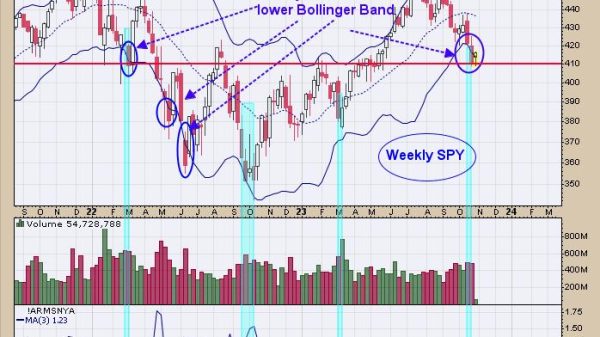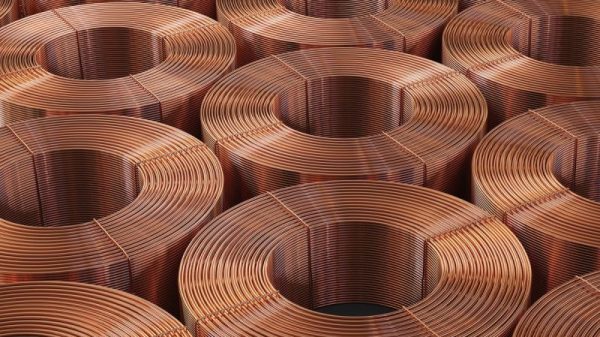Critics of former president Donald Trump and some legal experts voiced frustration after the Supreme Court announced it would take up Trump’s claim of total presidential immunity, a move that will further delay his D.C. criminal trial centered on his attempts to overturn the 2020 election.
The trial judge and the U.S. Court of Appeals for the D.C. Circuit had already rejected Trump’s argument that he cannot be prosecuted for actions taken while he was in office, and his D.C. criminal trial had previously been scheduled to begin Monday. In taking Trump’s case, however, the Supreme Court also ordered Wednesday that his trial continue to be placed on hold pending its final decision.
Democrats, as well as Republicans who served on the House select committee to investigate the Jan. 6, 2021, attack on the U.S. Capitol — in which a pro-Trump mob stormed the complex seeking to stop the certification of Democrat Joe Biden’s electoral win — expressed disappointment with the Supreme Court’s decision and its timing. They noted it would push Trump’s trial deeper into a critical election year.
“Delaying the January 6 trial suppresses critical evidence that Americans deserve to hear,” former Wyoming congresswoman Liz Cheney, a Republican, wrote in a social media post that her fellow former GOP colleague Adam Kinzinger endorsed. “Donald Trump attempted to overturn an election and seize power. Our justice system must be able to bring him to trial before the next election. SCOTUS should decide this case promptly.”
Sen. Sheldon Whitehouse (D-R.I.), a member of the Senate Judiciary Committee, posited that one of two things would happen in what he called an “epic self-test” for the Supreme Court: that the justices would “quickly follow clear precedent and constitutional text and dispense with the immunity argument 9-0 in time to permit the case to proceed” or that it would be “Bush v. Gore 2.0 with Republican justices stepping in to influence a presidential outcome by interfering in an ongoing prosecution.”
The Supreme Court set a fast-tracked schedule for the former president’s attorneys and special counsel Jack Smith’s prosecutors to file written arguments over the next seven weeks on this question: “Whether and if so to what extent does a former president enjoy presidential immunity from criminal prosecution for conduct alleged to involve official acts during his tenure in office.”
The high court is set to hear oral arguments in the case the week of April 22. All opinions are typically handed down by the last day of the court’s term in late June or early July before it recesses for the summer, meaning that Trump — who is marching toward the GOP presidential nomination — is not likely to face trial before summer at the earliest, if at all.
If the Supreme Court rejects his appeal in May or June and agrees that he can be prosecuted, a trial could be rescheduled in about six to 12 weeks, still before the 2024 election. But if the court requires the trial judge to parse immune conduct from nonimmune conduct, all bets are off. And if the high court returns the case to District Judge Tanya Chutkan in July, it would force the Justice Department to decide whether to press for a trial — one that is projected to last six to eight weeks — to start around Labor Day and go to a jury in October, with mail-in voting already underway.
“Maybe they [issue] the decision on April 23 and everything goes back to order, but maybe they dawdle on the decision for months and let Trump run out the clock on a properly indicted criminal case, not because of the merits but because they have intervened with delay,” Whitehouse told The Washington Post.
Trump cheered the decision Wednesday, posting on his social media network that unnamed legal scholars were “extremely thankful” that the Supreme Court was taking up his case.
“Without Presidential Immunity, a President will not be able to properly function, or make decisions, in the best interest of the United States of America,” Trump wrote on Truth Social.
There is no deadline for Trump to face trial in D.C., but Smith has urged that the trial be held swiftly in the national interest — and Trump’s critics have argued that voters should have the benefit of knowing the judicial system’s verdict on Trump before Election Day. Trump has argued that voters should serve as his ultimate jury. If Trump is elected president in November, he could seek to end the prosecution.
Legal experts had conflicting opinions over whether the Supreme Court’s decision to hear Trump’s case could be considered “slow-walking” proceedings in favor of the former president.
“This is a momentous decision just to hear this case. There was no reason in this world for the Supreme Court to take this case,” J. Michael Luttig, a conservative jurist and former U.S. circuit judge, told MSNBC on Wednesday upon immediately hearing the news, adding that the three-judge panel on the D.C. appeals court had already written a “masterful opinion” denying Trump’s claims of absolute immunity.
“The Supreme Court is capable of deciding this very quickly, in time that the former president could be tried before the election,” Luttig added. “But today’s decision makes that that much more unlikely.”
Michael Waldman, president of New York University’s Brennan Center for Justice, was adamant that the court was “moseying” needlessly. He noted that the seven weeks that the court has allowed for both sides to file written arguments is nearly twice as long as the same period the court allowed in Trump v. Anderson earlier this year, a case centered on whether Trump should be barred from the ballot in Colorado if he engaged in insurrection.
“It’s slow-walking. There’s very few other ways, in my view, to interpret it,” Waldman told The Washington Post on Thursday. “This appears to be the approach that helps Trump the most while appearing not to … They will still almost certainly rule that he is immune from prosecution. However, by dragging out the timeline, in reality they are making him immune from prosecution, before the election at least.”
Waldman pointed out that the Supreme Court has handled in the past other critical cases dealing with the presidency with much more alacrity. In 1974′s United States v. Nixon, for example, the court heard arguments and issued a decision in a matter of weeks. In 2000′s Bush v. Gore, the Supreme Court agreed to take up the case, heard oral arguments and issued a decision within days.
“This case is just as important, probably more important, than the Pentagon Papers case, or the [Watergate] tapes case,” Fred Wertheimer, president of the nonprofit watchdog group Democracy 21, said Wednesday. “If they wait and issue the opinion at the end of the term in June, they likely will have knowingly prevented voters from knowing if Trump is a convicted felon before they vote. They will have rewarded Trump’s delaying strategy at the enormous expense of the country and the Supreme Court.”
Jonathan Turley, a conservative attorney and professor at George Washington University Law School, argued that the Supreme Court — an institution “often criticized as moving at a glacial pace” — was in this case actually moving at “a NASCAR pace.” Turley also said he still believes special counsel Jack Smith has the upper hand on the merits of the case.
“These cases on the state and federal level were brought after considerable delays,” Turley wrote in an email to The Post. “This case concerns actions taken almost four years ago. The Court did not create this potential collision with the presidential election. It has expedited the consideration of the case.”
In a post Wednesday to his “Election Law” blog, legal scholar Richard Hasen said that he had assumed the long gap between Trump’s attempt to stay his criminal trial meant the Supreme Court was not going to grant it. Hasen also expressed doubt that, if the Supreme Court did not issue an opinion until late June, Trump would be put on trial during the general election season.
“Early on, I called this federal election subversion case potentially the most important case in this Nation’s history,” Hasen wrote. “And [now] it may not happen because of timing, timing that is completely in the Supreme Court’s control. After all, this is the second time the Court has not expedited things to hear this case. This could well be game over.”
The Supreme Court decision should not affect Trump’s state criminal case in New York, which is scheduled to start in less than four weeks.
Trump is set to go to trial March 25 in state court in Manhattan on 34 counts of falsifying business records related to a $130,000 hush money payment made to adult-film actress Stormy Daniels in 2016, on the eve of that year’s presidential election.
The former president has raised a similar immunity defense in his separate federal criminal prosecution in Florida, and his separate state trial in Georgia — it is not yet clear how those issues could be affected by the Supreme Court’s decision.
Ann E. Marimow contributed to this report.


